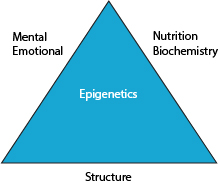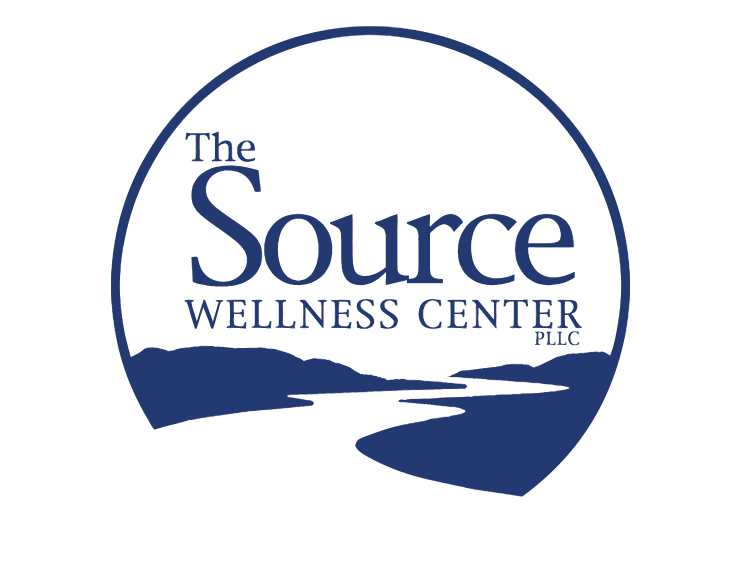How is Naturopathic medicine different from conventional medicine?
Naturopathy is distinguished from conventional medicine by the philosophy on which it is based. Conventional medicine in large part uses pharmaceuticals for symptom management. Statins are given to manage cholesterol levels, blood pressure medications are used for hypertension, and proton pump inhibitors are prescribed to control heartburn. Pharmaceuticals have a valuable role to play in health care and can save lives, but they do not allow for true healing because they do not address the source of the problem. This is why the symptoms return when the drug is stopped.
Naturopathic medicine views symptoms as the body’s warning sign that there is a deeper problem, much like the warning lights on your car dashboard. Unhooking the light bulb or putting a piece of duct tape over it will make the light go away, but it does not address the source of the problem. The symptoms may be gone, but the underlying disease process is still there and progressing. It will eventually cause symptoms in another part of the body.
The focus of naturopathic medicine is to go beyond symptom management and allow for healing on all levels leading to increased wellness. Symptoms can be uncomfortable, debilitating, and possibly life threatening, which is why naturopathic physicians will palliate your symptoms as needed while we work to resolve the source. Naturopathic care is guided by the professions’ six principles that summarize the philosophy of the medicine: First Do No Harm, Identify And Treat The Cause, Treat The Whole Person, The Body Has Inherent Wisdom To Heal, Doctor Means Teacher, and Prevention Is Cure.
We address the source of your health issues for long lasting healing by restoring balance.

How we facilitate healing and restore balance:
- We treat people, not disease names
- We listen and take a thorough health history
- We perform a comprehensive physical exam
- We utilize functional tests to determine any hidden imbalances
- We order lab work and imaging
We provide a personalized treatment plan using:
- Food
- Lifestyle habits
- Joint manipulation
- Body work
- Other natural therapies
Our care is guided by the six principles of Naturopathic Medicine:
First, do no harm
As naturopathic physicians we prefer gentle, non-invasive, and non-toxic therapies to support the healing process.
Identify and treat the cause
The symptoms are not the problem. They are only the body’s warning sign of a deeper imbalance, which is the problem. By addressing the source of the disease process and restoring balance, lasting healing occurs and the symptoms are resolved permanently.
Treat the whole person
Each person is a unique individual. To find the cause of the person’s disease process, we look to the physical body, mind, emotions, and spirit. All are intricately connected. For true healing to occur all levels will need to be addressed and balanced.
The body has the inherent wisdom to heal
There is a healing power in nature that is within each of us. The role of the naturopathic physician is to encourage, nurture, and support the body’s innate curative force to heal itself, rather than overpower or inhibit this physiologic function.
Doctor means teacher
As naturopathic physicians, we teach, inspire, and empower our patients to make health supporting lifestyle choices that will provide the foundation for healing, health, and lifelong wellness. We believe in forming strong doctor/patient relationships built on trust to best assist and guide our patients back to health and through the challenges each phase of life brings.
Prevention is cure
The best treatment for any disease is not to develop it. The naturopathic approach is to prevent the imbalances that, if not addressed, will lead to chronic degenerative diseases over time. By teaching you the healthiest ways of living, our doctors will help you make choices that are most likely to prevent illnesses.
What type of training do Naturopathic Physicians receive?
A licensed Naturopathic Doctor (ND) is one who graduated from a Department of Education accredited, four-year graduate level Naturopathic school, and passed a rigorous series of national board examinations in all areas of basic science and clinical medicine.
As family practice-oriented primary care physicians, naturopathic students receive over 4,300 hours of academic and clinical education that parallels conventional medical schools. Mastery of both basic and clinical sciences is required. Naturopathic students are trained to use physical examination, laboratory testing, and imaging studies (X ray, MRI, CT, etc.) as needed as part of the diagnostic process. The naturopathic education includes conventional treatments as well as wholistic and non-toxic methods of therapy, with strong emphasis on disease prevention and optimizing wellness. Naturopathic students receive four years of extensive training in clinical nutrition, botanical medicine, homeopathy, hydrotherapy, spinal and joint manipulation, psychology, and counseling to encourage people to make lifestyle changes in support of their health.
